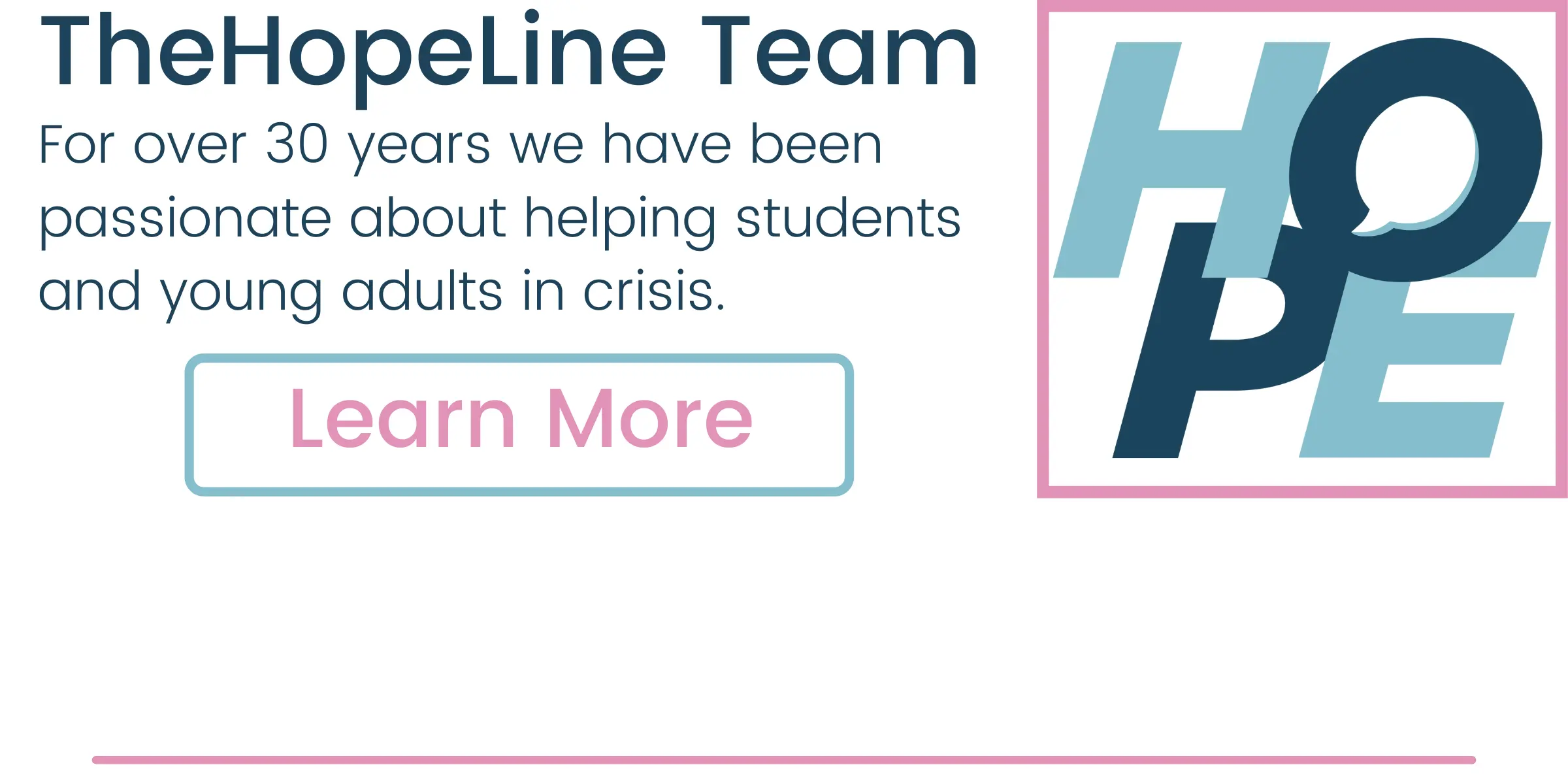We all can have times when we feel overwhelmed. You can, however, learn how to handle these feelings in a healthy way that allows you to move beyond what can seem to be a debilitating state of stress. By asking yourself some simple questions and identifying why you are overwhelmed, you can make adjustments to help alleviate stressors and keep from spiraling into an unhealthy place.
Here are six questions to ask yourself when you are feeling overwhelmed.
How to Handle Being Overwhelmed
1. Why am I feeling overwhelmed in this moment?
Sometimes just asking yourself this simple question and acknowledging what you are feeling can help immensely. Maybe you are feeling overwhelmed, but it’s just because there was some traffic or an unexpected event that threw off your schedule. At that moment, you just have to acknowledge what happened and move on with your day. On the other hand, maybe you actually are overwhelmed! You have too many commitments, you are going through a hard time emotionally, or you are struggling with acute anxiety. Start to identify exactly the source of what is causing you to be overwhelmed. (I have deadlines coming up, this thing in my life is transitioning, I’m struggling with anxiety, I have not had time to rest, this task is really outside my comfort zone, I have too many commitments, and there was a family emergency, etc.)
2. What is in my control and what is not?
Now that you have identified the factors that are causing you to feel overwhelmed, you need to stop and take stock of which things are in your control and which are outside of your control. Other people’s actions or reactions are not in your control, but your emotions and actions are in your control. Emergencies or unforeseen situations are not controllable, but your personal schedule and commitments are within your control. When you ask yourself this question, you see more clearly the areas you need to accept and work through and the situations you are in charge of managing.
3. Have I invited the Holy Spirit into these emotions?
This is one of the best questions to ask yourself when you feel overwhelmed. Often when we feel overwhelmed, it’s because we are focused on all the things going on around us. We can forget in these times that God is still with us, offering to give us peace even in the most hectic moments. Take a second to invite the Holy Spirit to speak to you and reveal His truth. Let Him show you what you need to surrender and where you need to trust Him more. When you invite the Holy Spirit into the places you feel overwhelmed, you give God permission to work on your behalf and show up powerfully.
4. What can I take off of my plate right now?
When the unexpected happens, you cannot act as though everything is normal. Sometimes the best thing to do when you are feeling overwhelmed is simply DO LESS. Cancel those dinner plans, ask someone else to help, or even just put off that task until tomorrow. Maybe you aren’t going through a crisis, but you are just constantly overcommitting and feeling overwhelmed. When you have so much going on and not enough time or energy to do it, your mind can become cluttered and even the smallest task is overwhelming. To help alleviate this pressure, take things off your plate for the day, the week, or the month, that way you can make sure to do things you actually need to do and not feel behind or forget important tasks.
Listen to this live call with Cassie who's overworked and stressed and needs help to get something off of her plate.
5. Who can I talk to about this?
You were never meant to do life alone. If you are overwhelmed to the point that you can’t even see what you need to take off your plate or you need a safe place to process your emotions, call someone you trust. Send a text to a mentor, pastor, or trusted friend and let them know what is going on. If no one is available right away, take a second or two to journal out what you are feeling. If you are constantly in a state of feeling overwhelmed, consider finding a counselor or therapist who can help you work through your thoughts and feelings. (You can chat live with a Hope Coach too!)
6. What is my next step?
When you are overwhelmed, it can feel difficult to do anything because there are so many things to process or do. Once you have identified why you are overwhelmed, invite the Holy Spirit into the process, then talk to a mentor and come up with a plan listing what you can do immediately to help you overcome this stuck feeling. Maybe, you need to take a 30-minute break and just reset. Perhaps, there is one task you just need to knock out, so you are not worried about getting it done. Make a list, take a walk, say a prayer, hang out with friends, eat a meal- just take that next step to move forward.
As you practice asking yourself these six simple questions, over time, you can change your response to overwhelming situations from one of helplessness to one of empowerment!
This article was originally posted at Mercy Multiplied.
It’s okay to slow down, take breaks, and ask for help. Click for our tips on time management when dealing with anxiety.


